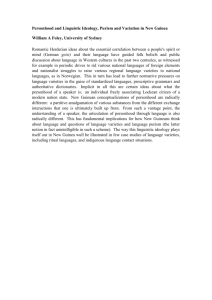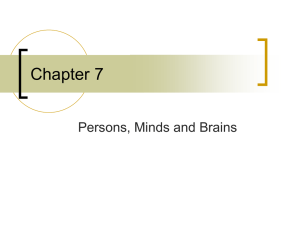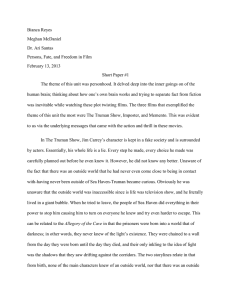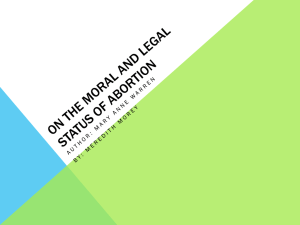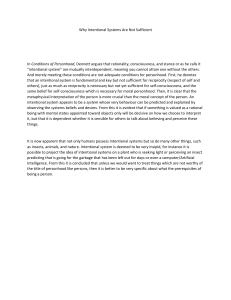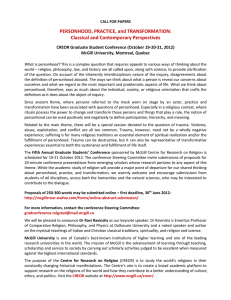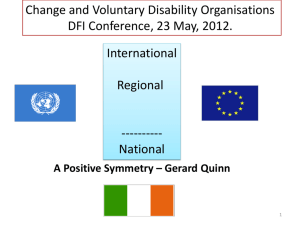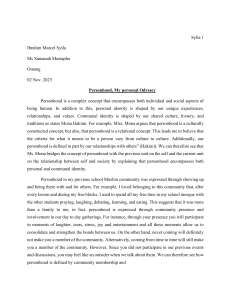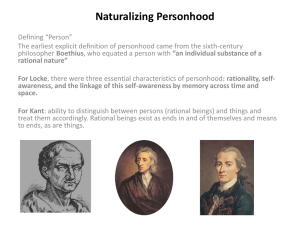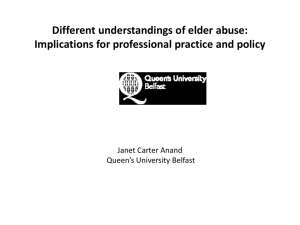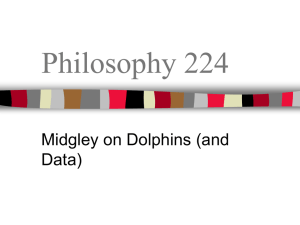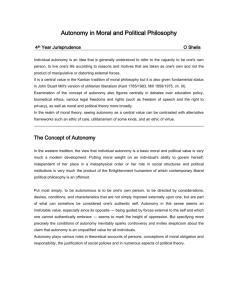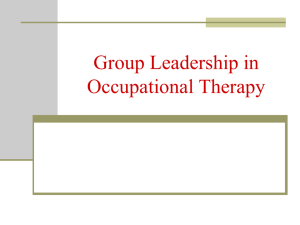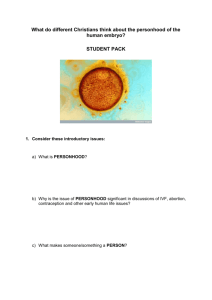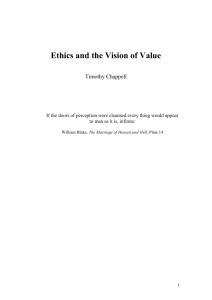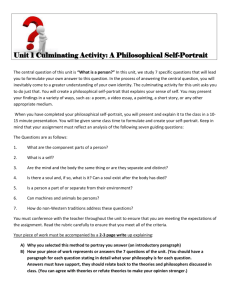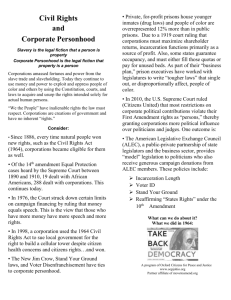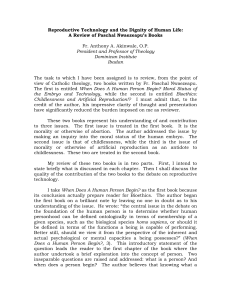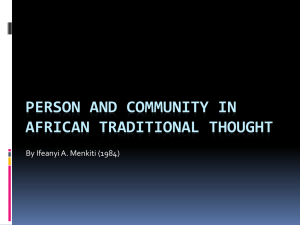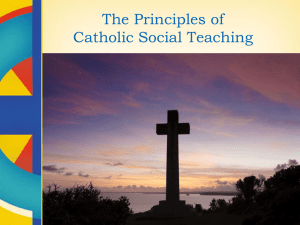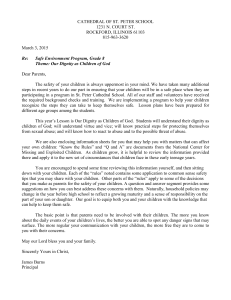Persons: - Start.ca
advertisement
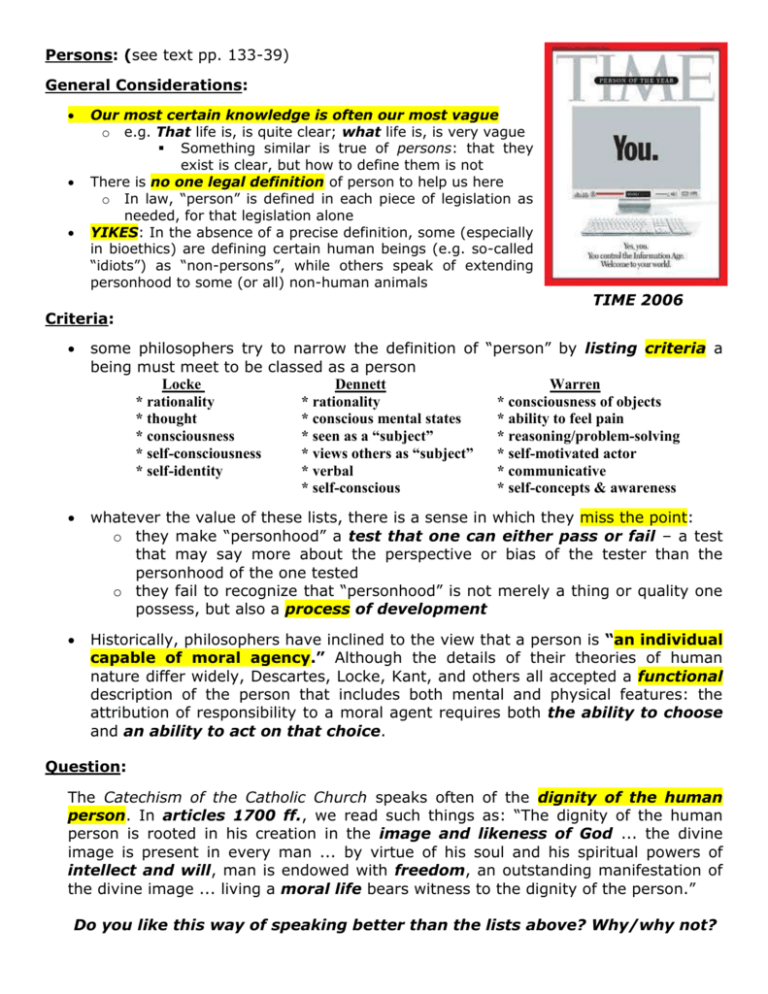
Persons: (see text pp. 133-39) General Considerations: Our most certain knowledge is often our most vague o e.g. That life is, is quite clear; what life is, is very vague Something similar is true of persons: that they exist is clear, but how to define them is not There is no one legal definition of person to help us here o In law, “person” is defined in each piece of legislation as needed, for that legislation alone YIKES: In the absence of a precise definition, some (especially in bioethics) are defining certain human beings (e.g. so-called “idiots”) as “non-persons”, while others speak of extending personhood to some (or all) non-human animals TIME 2006 Criteria: some philosophers try to narrow the definition of “person” by listing criteria a being must meet to be classed as a person Locke Dennett Warren * rationality * rationality * consciousness of objects * thought * conscious mental states * ability to feel pain * consciousness * seen as a “subject” * reasoning/problem-solving * self-consciousness * views others as “subject” * self-motivated actor * self-identity * verbal * communicative * self-conscious * self-concepts & awareness whatever the value of these lists, there is a sense in which they miss the point: o they make “personhood” a test that one can either pass or fail – a test that may say more about the perspective or bias of the tester than the personhood of the one tested o they fail to recognize that “personhood” is not merely a thing or quality one possess, but also a process of development Historically, philosophers have inclined to the view that a person is “an individual capable of moral agency.” Although the details of their theories of human nature differ widely, Descartes, Locke, Kant, and others all accepted a functional description of the person that includes both mental and physical features: the attribution of responsibility to a moral agent requires both the ability to choose and an ability to act on that choice. Question: The Catechism of the Catholic Church speaks often of the dignity of the human person. In articles 1700 ff., we read such things as: “The dignity of the human person is rooted in his creation in the image and likeness of God ... the divine image is present in every man ... by virtue of his soul and his spiritual powers of intellect and will, man is endowed with freedom, an outstanding manifestation of the divine image ... living a moral life bears witness to the dignity of the person.” Do you like this way of speaking better than the lists above? Why/why not?
